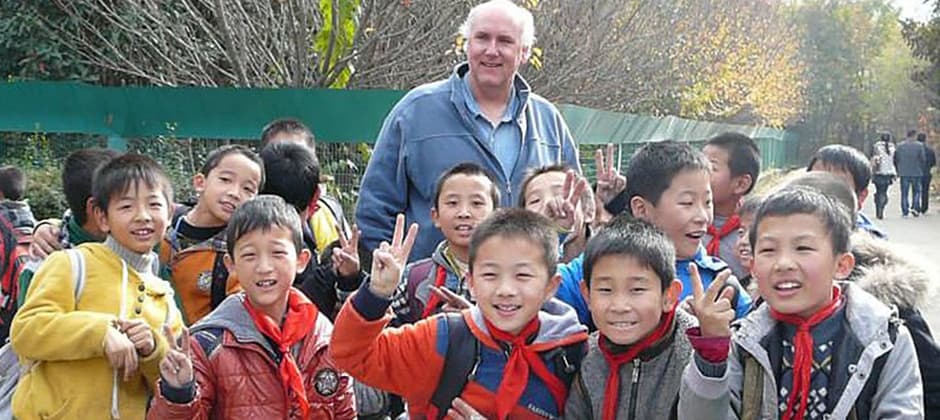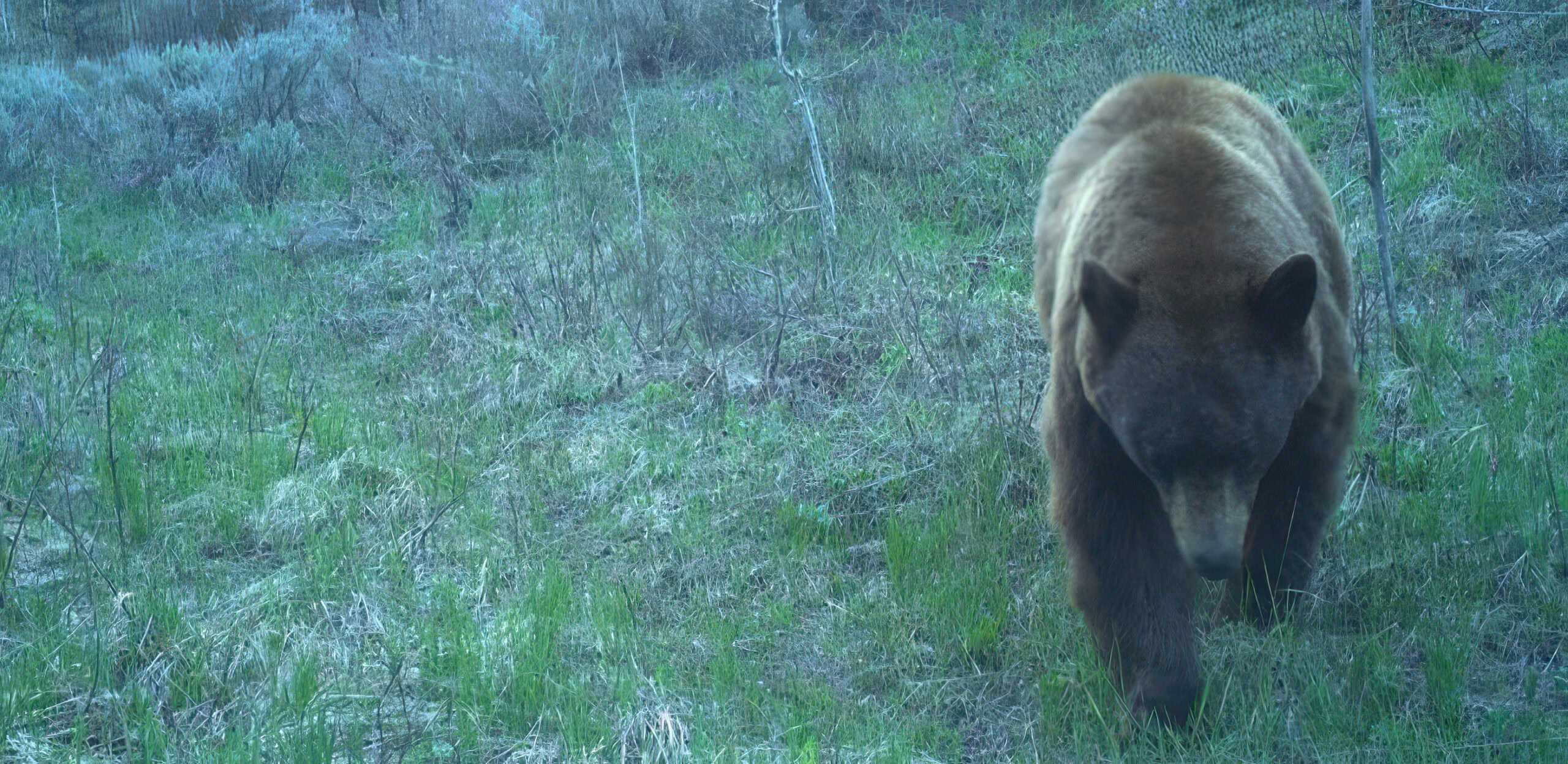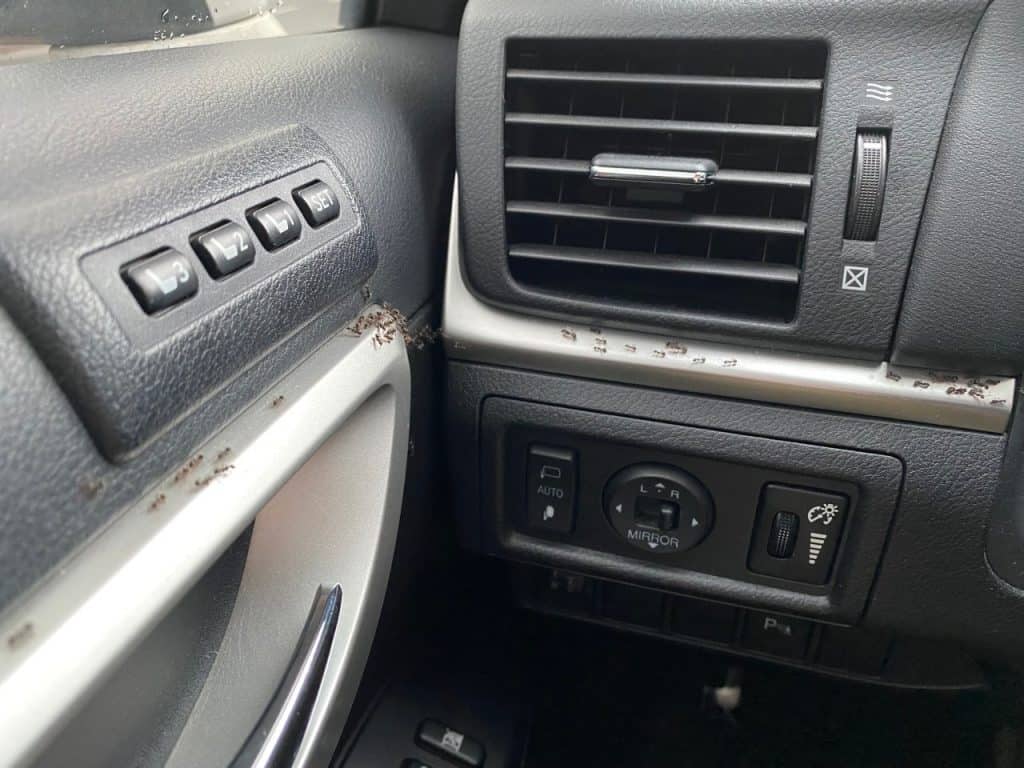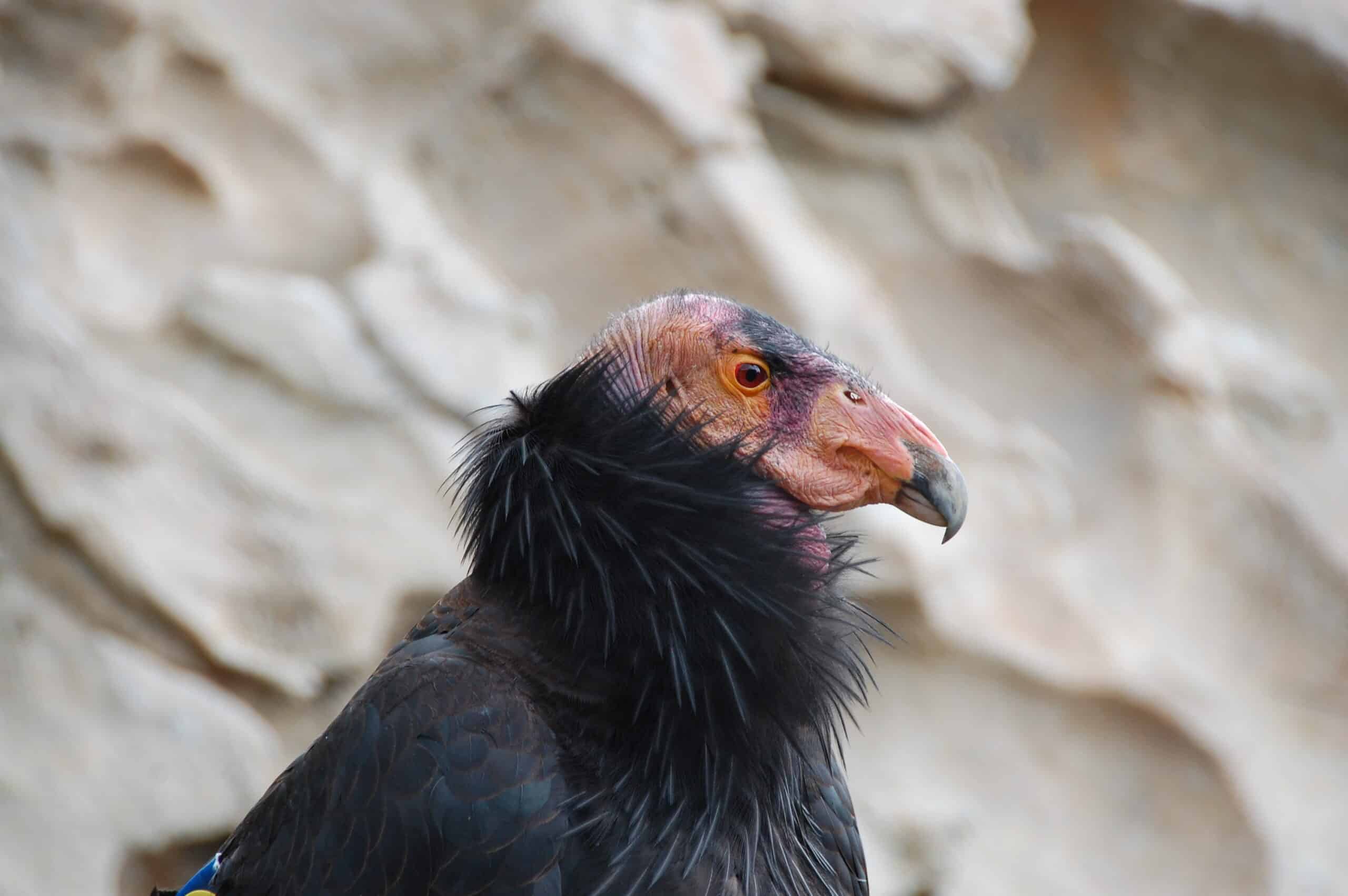Share this article
Aldo Leopold recipient John Koprowski passes his legacy to his students
When John Koprowski was a boy growing up in Cleveland, Ohio, his parents often took him fishing on Lake Erie. But while fishing was fun for him, he continued to find himself fascinated by the wildlife nearby—turtles, frogs, snakes, squirrels and white-tailed deer.
At home, he’d watch squirrels run across a telephone wire or a fence in his backyard. Inside his garage, he’d set out a cantaloupe crate with a stick and string attached, waiting for hours to catch squirrels that he could observe.
Koprowski never lost that passion for learning about wildlife, and it fueled a career that has had a strong influence on wildlife biology and conservation. That lifetime of work earned him the 2022 Aldo Leopold Memorial Award.
“When you look at the list of people that received the award, it’s an amazing list of accomplished folks,” said Koprowski, dean of the University of Wyoming’s Haub School of Environment and Natural Resources and a professor emeritus at the University of Arizona. “To be included in that group is incredibly humbling and also wonderfully satisfying. If I made the difference that those people have made in my life for just one person, I’m incredibly happy and grateful.”
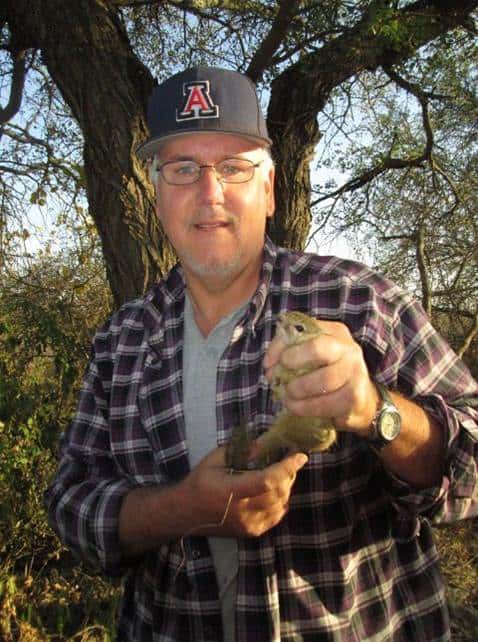
John Koprowski handles a Smith’s bush squirrel (Paraxerus cepapi) in South Africa. Koprowski and collaborators hope to learn how squirrels influence regeneration of forests where elephants have caused damage.
Image Credit: Mike Stokes
Koprowski knew from the start that he wanted to study wildlife biology. His parents encouraged him to be the first generation in his family to attend college, and he happily obliged. Walking back from fishing trips with his father, they’d discuss his goal of becoming a wildlife biologist. Speaking to high school counselors and teachers and researching in the public library about wildlife biology solidified his decision.
Koprowski studied wildlife as an undergraduate at The Ohio State University and went on to earn his master’s degree at Southern Illinois University and his PhD at the University of Kansas. Much of his graduate work was devoted to squirrels. “I didn’t have a car in college,” he said. “I had to go watch wildlife at some of the local parks or do something on campus.” Squirrels provided a good research subject, and he’s still passionate about them. They serve as wonderful models for conservation, he said, and people around the world connect with them.
Koprowski is best known for his work with the Mount Graham red squirrel (Tamiasciurus fremonti grahamensis), an endangered species that’s isolated on a single mountaintop in Arizona, surrounded by a sea of desert. “It’s a tiny little guy that fits in the palm of your hand, but causes huge headaches for people,” he said.
The squirrel was believed to have been extinct until it was rediscovered in the1970s. That was good news for wildlife biologists, but a challenge for astrophysicists. Mount Graham’s dark, clear skies made it an optimal place to build a telescope complex. “This put those two trajectories on a collision course,” Koprowski said. “It became highly polarized with lots of protests and court injunctions.”
When Koprowski moved to the area in 2000, he helped bring individuals with different perspectives to the table to find common ground. While the species is still critically endangered, the collaborations he facilitated ensured the species still exists today.
Koprowski has also contributed to a number of other projects, even internationally. He has looked at the role of squirrels and other rodents in regenerating forests in areas of South Africa where elephants are causing damage. And in China, he’s studying squirrels and other rodents as an indicator for climate change in high elevations where giant pandas (Ailuropoda melanoleuca) live.
All of his international projects have involved working with the local community whether working on squirrels, dolphins, tigers, wolves or bears. That also means gaining their trust, he said. “I think that building trust and having those conversations so that people feel free to ask questions and learn about your perspectives is really critical to success,” he said.
He brings the same approach to his students. “Seeing people come in with that same passion as I had and making connections, that is what I’m generally most proud of,” he said. He hopes they continue the legacy that was passed to him from his own mentors, several of whom were also Aldo Leopold Memorial Award recipients.
And, he says, he learns from them, too. “They remind me to stop at the side of the road to enjoy the view. They remind me how magical it can be to hold an endangered species and look at this animal and appreciate it. It’s a wonderful office we’re working in, this natural world. Something that I owe so much to my students for reminding me of our good fortune.”
Header Image: Koprowski traveled to China to teach students about the importance of biodiversity. Mentoring students is an important part of his career. Credit: Dun Wang



